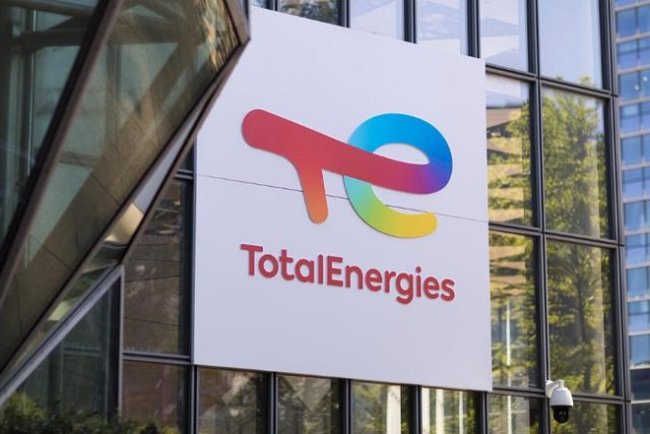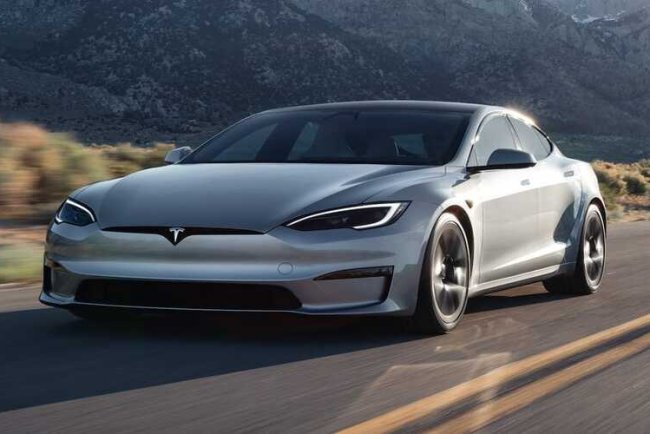Hybrid Battery Systems Power India’s Renewable and EV Future
Hybrid battery systems, blending lithium-ion and flow battery technologies, are emerging as a vital solution for India's energy storage needs. Supporting renewable integration and EV infrastructure, these systems enhance grid stability and fast-charging capacity. Backed by policy incentives and local R&D, hybrid storage is key to India’s clean energy transition.India advances hybrid battery systems combining lithium-ion and flow batteries to boost renewable energy storage and electric vehicle growth, driving sustainable energy innovation.

Hybrid battery systems—which integrate several battery technologies including flow batteries and lithium-ion—are becoming a major answer for energy storage. India is creating these systems to address the demand for dependable and scalable energy storage by fostering renewable energy integration and electric vehicle adoption.
Hybrid battery systems combine the best of several battery kinds to maximize output. Fast charging and high energy density of lithium-ion batteries make them ideal for electric vehicles and temporary power storage. For large-scale applications, flow batteries offer extended-duration storage and longevity. Combining these technologies gives hybrid systems more flexibility and efficiency.
The demand for energy storage in India has been driven up by the drive for renewable energy, especially solar and wind. Only when the sun is shining or the wind blows do these intermittent sources generate energy. Storing extra energy during maximum generation, hybrid battery systems may release it when required—thereby stabilizing the grid and lowering dependence on fossil fuels.
Another major use is the electric vehicle industry. Hybrid systems guarantee long-term dependability and offer fast-charging options for electric cars. For India, where sustainable transportation targets of the government are driving quick EV adoption, this is especially important. Additionally supporting charging infrastructure, the systems help to more effectively employ renewable energy.
Hybrid battery technology is being developed using research and development. Indian businesses and universities are looking into new materials and designs to lower expenses and increase performance. Combining lithium-ion with vanadium flow batteries can, for instance, reduce storage costs while still providing top efficiency.
Policies of the government are helping this trend. Programs like the National Mission on Transformative Mobility and Battery Storage offer financial support and incentives for battery innovation. These initiatives seek to establish India as a pioneer in energy storage technology, therefore lowering reliance on imported batteries and encouraging home innovation.
The high cost of hybrid systems and the requirement for sophisticated manufacturing skills present challenges. Recycling and disposal of batteries also raise environmental problems. Ongoing research and economies of scale are predicted to solve these problems, therefore increasing the accessibility of hybrid systems.
IN Conclusion:
Supporting the development of electric cars and renewable energy, hybrid battery systems are ready to revolutionise India's energy storage. By combining the best qualities of several battery technologies, these systems provide a dependable and effective solution for a sustainable energy future.
Source: SustainabilityNext
What's Your Reaction?

















